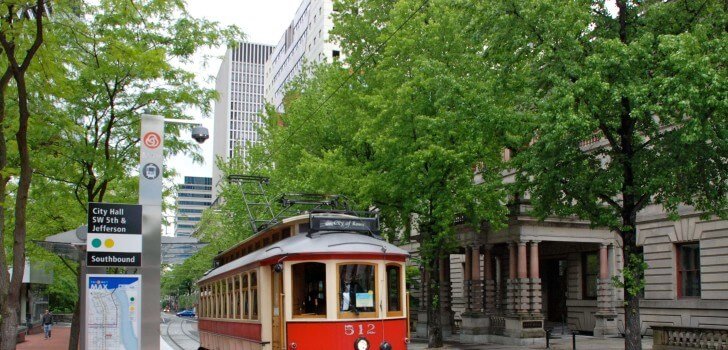A new study shows that good accessibility to public transport reduces the risk of depression for city dwellers, especially women and the elderly. Of course for this to be successful, cities need to make well formed plans for dense urban environments.
Researchers working on the study in the northern Italian city of Turin say that by increasing opportunities to move around and have an active social life, the risk of falling into a depression were lessened, even though a city is by nature a stressful place.
For the study, the researchers collected long-term data on Turin residents which, in addition to basic demographics and social factors, looked at five characteristics of city’s environment: land use mixture, developmental density, public and green space, cultural facilities and transit access. As a measure of mental health, they also collected information on antidepressant prescriptions.
They found that of the environmental factors, density and easy access to public transport proved “protective” of mental health, especially for women overall and people aged between 50 to 64. These groups were prescribed fewer antidepressant drugs when they lived in places accessed quickly by train or bus, and in city areas with taller average building heights, when compared with counterparts who lived in more remote or sparse areas.
“Both aspects of a city inoculate them against feelings of isolation or loneliness.They also stand in contrast to remote suburban living that can have a serious impact on mental health, particularly when it results in forgone trips,” the researchers wrote, adding that connection held true even when social factors were taken into consideration.
One aspect of the report which is surprising is that the study failed to find any connection between mental health and public green space, considering the large amount of evidence available that supports this link. The researchers believe some of the benefits of urban parks are embedded in the accessibility and density traits that do not show ties to reduced antidepressant use.
Although the Italian study shows the benefits of public transport access and urban density, a 2013 study of Boston youths found that higher subway stop density actually showed an increase in depressive symptoms among some racial groups. A possible conclusion, although not scientific, could be that the Italian study shows the city is an older person’s domain.
